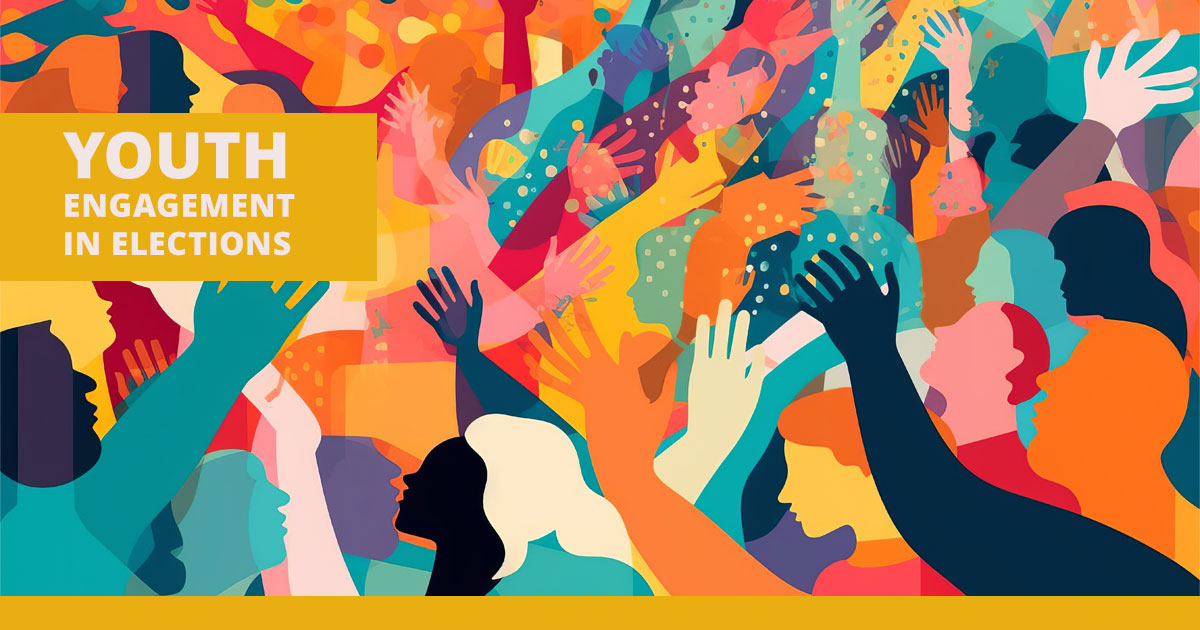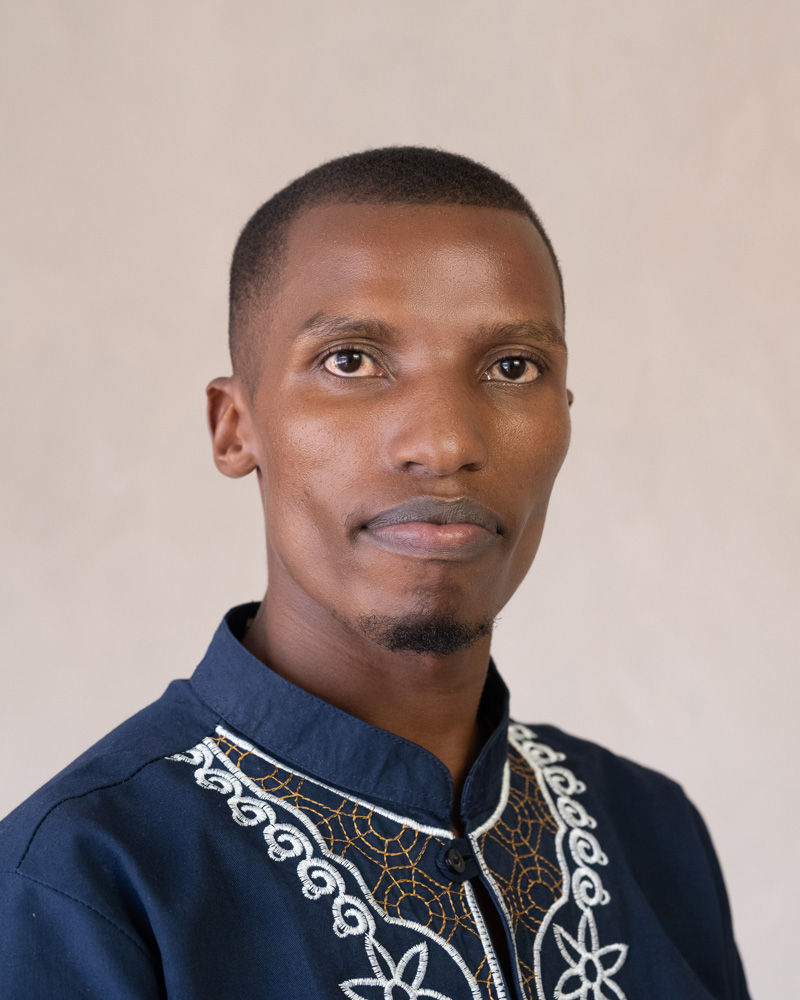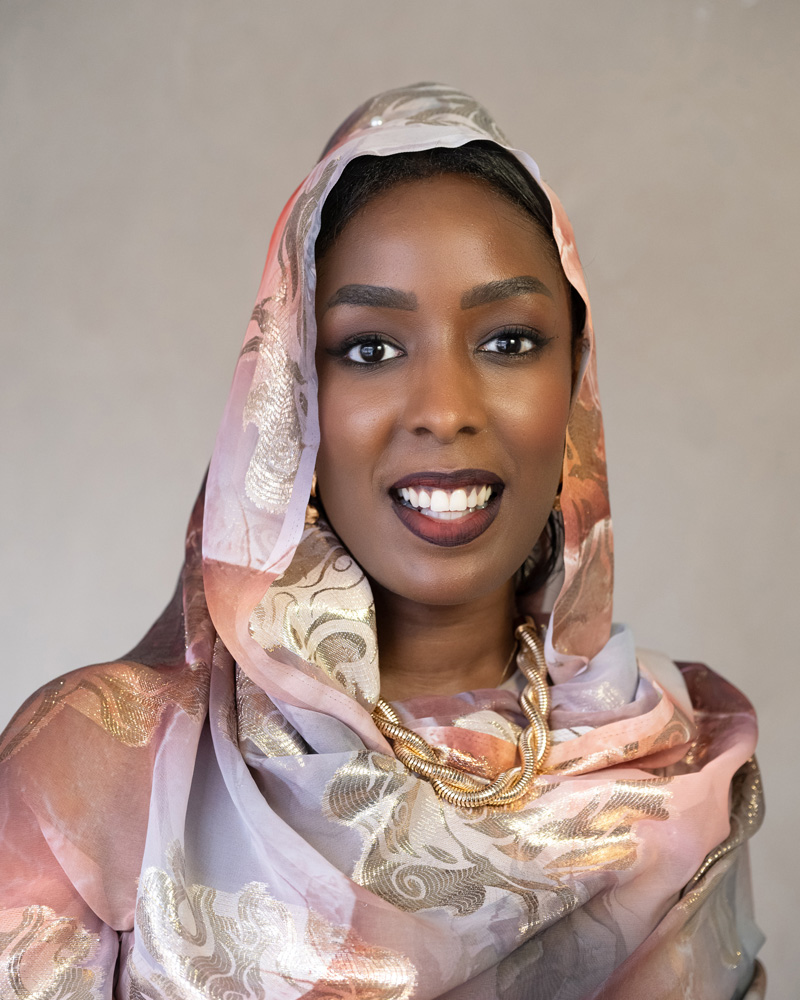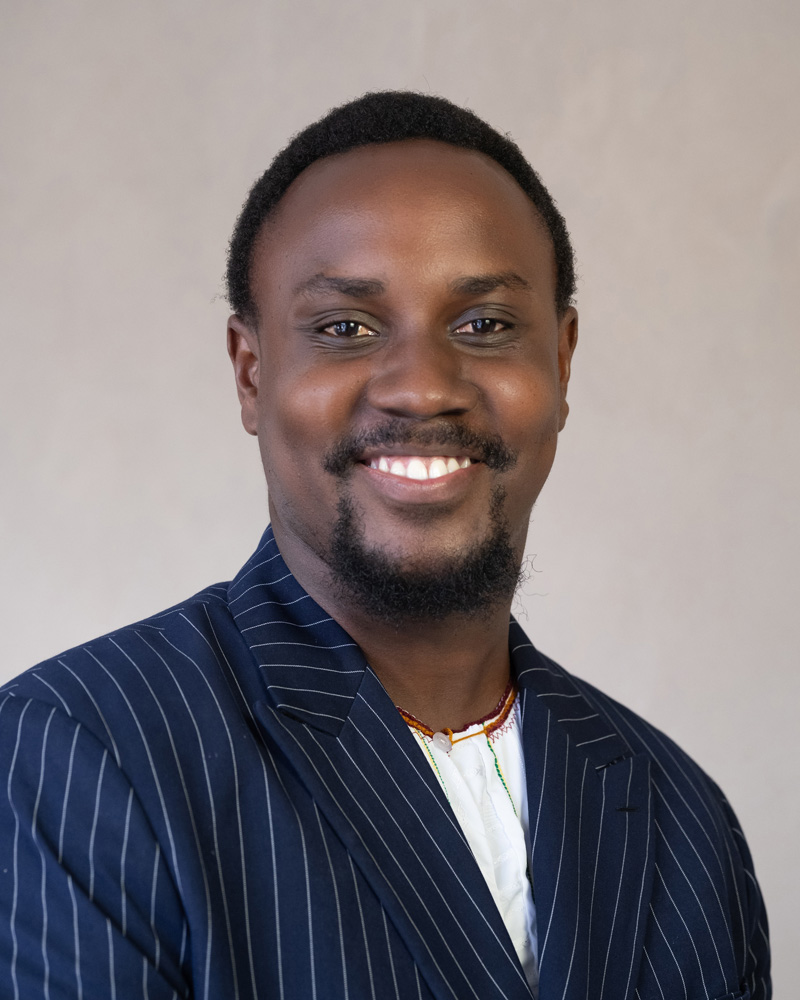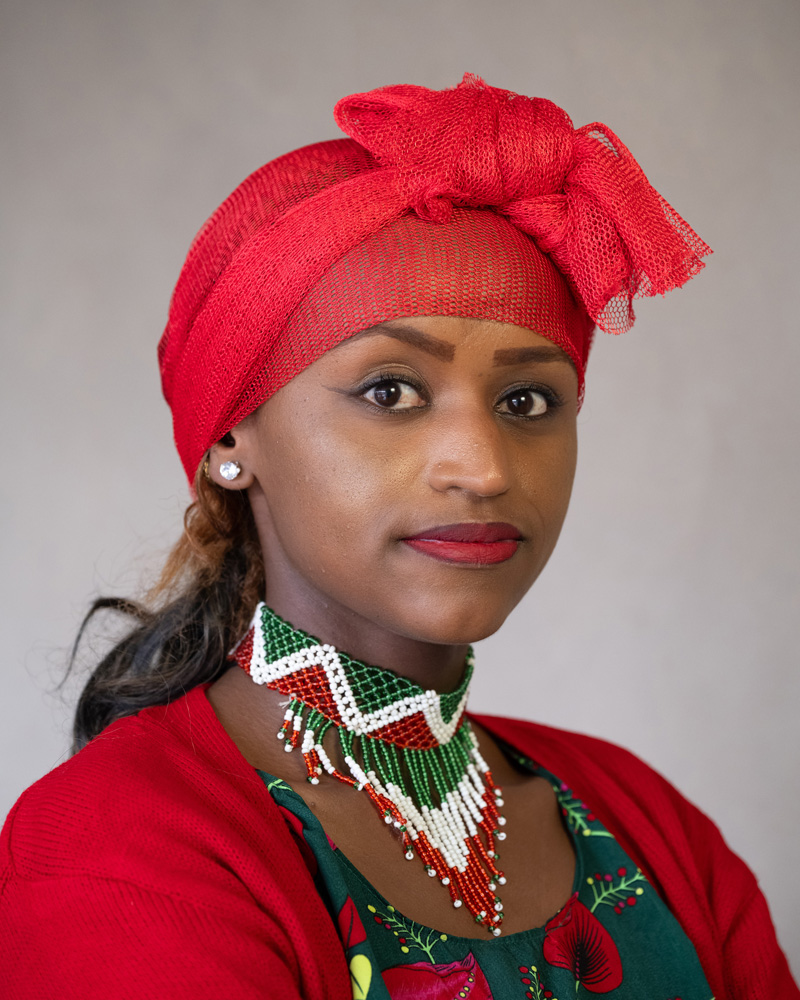The Centre for Human Rights, University of Pretoria organised a webinar on 2 May 2024 to discuss youth engagement in elections and participation in politics in South Africa ahead of the 2024 national and provincial elections. The webinar also aimed to diagnose the possible causes of youth decline in participation in elections and politics and proffer possible solutions.
The panellists for the webinar were Asafika Mpako, Communications Coordinator for Southern Africa at Afrobarometer, Nkuleleko Tselane, Legal Director for the Institute of Election Management Services in Africa (IEMSA), Khanya Burns-Ncamashe, Programs Coordinator at Rivonia Circle, and Tyesha Pillay, Researcher at Emerging Scholars Initiative Press (ESI). The webinar was moderated and coordinated by Nicholas Cheruiyot, Razan Haroun, Kansiime Taremwa and Fenot Mekonen as part of the clinic mandate under the Expression, Information and Digital Rights (EIDR) Unit.
The panellists identified key issues resulting in youth disengagement in elections and political participation. Asafika Mpako pointed out that poor governance in post-apartheid South Africa is one of the main causes of youth disengagement in elections and politics. The government has failed to provide basic amenities and create jobs for young people according to a 2022 survey by Afrobarometer. She advised that since low youth voter turnout is a global phenomenon, South Africa can also draw remedial lessons from other countries. Mpako encouraged elected officials and civil society to commit greater support to youth and engagement through such means as reducing the administrative, financial and personal costs that may hinder youth participation in formal political processes.
Nkululeko Tselane emphasised the need to engage the youth as early as high school given, they can register as voters at 16 years and vote upon attaining 18 years. He advised that the government should integrate comprehensive civic education into the curricula of educational institutions to equip young people with the knowledge and skills necessary for active participation in civic processes. Further, the government must bridge the gap between policy decisions and the tangible impact on the citizens. Tselane also underscored the use of digital technology for voter education and meaningful engagement of the youth.
Khanya Burns-Ncamashe pinpointed a myriad of factors contributing to youth disengagement in elections and political participation. These encompass a pervasive distrust in politicians and electoral processes, alongside the disheartening trend of politicians infantilising the youth. She also referenced a surge in negativity surrounding politics, leading to voter alienation. Burns-Ncamashe also underscored the disconnection between youth engagement and post-election service delivery, with the youth often side-lined in these processes. Consequently, she posited that the root cause of youth disengagement is not apathy but a conscious choice to withhold their votes. To address these challenges, she advocated for leveraging institutions that empower youth engagement and governance participation. Additionally, she advocated for the establishment of electoral systems and institutions that incorporate robust accountability mechanisms post-election.
Tyesha Pillay astutely observed that despite the uptick in youth voter registration, the troubling decline in actual turnout remains a pressing issue. Pillay stressed the importance of enhancing the accessibility of voter information, advocating for the translation of materials into various languages and the use of plain language to ensure universal understanding. She emphasised the need to cater to diverse needs by providing content in multiple formats, such as braille or audio for persons with disabilities. Lastly, Pillay advocated for political campaigns to directly engage with the youth fostering inclusivity and offering informed and concrete solutions to youth problems.
The panellists and participants all underscored the need for stakeholders to take more coordinated measures informed by input from the youth and research to promote enhanced youth participation in elections and politics.
Watch Webinar
For more information please contact the Expression, Information and Digital Rights Clinic:

